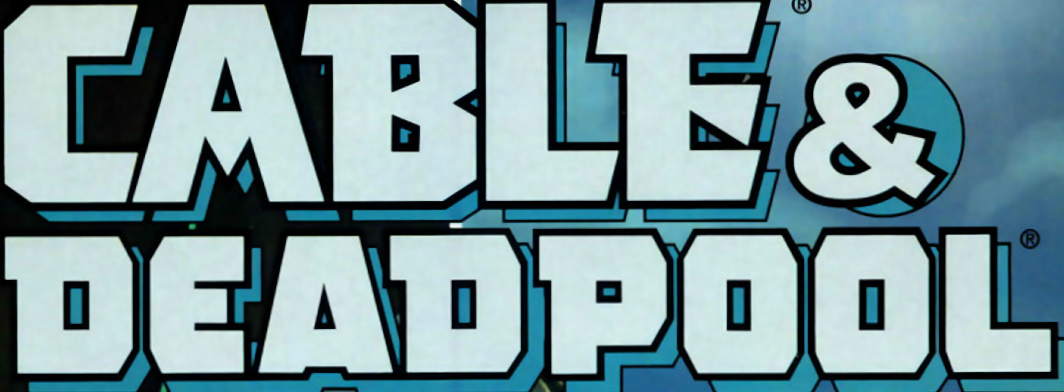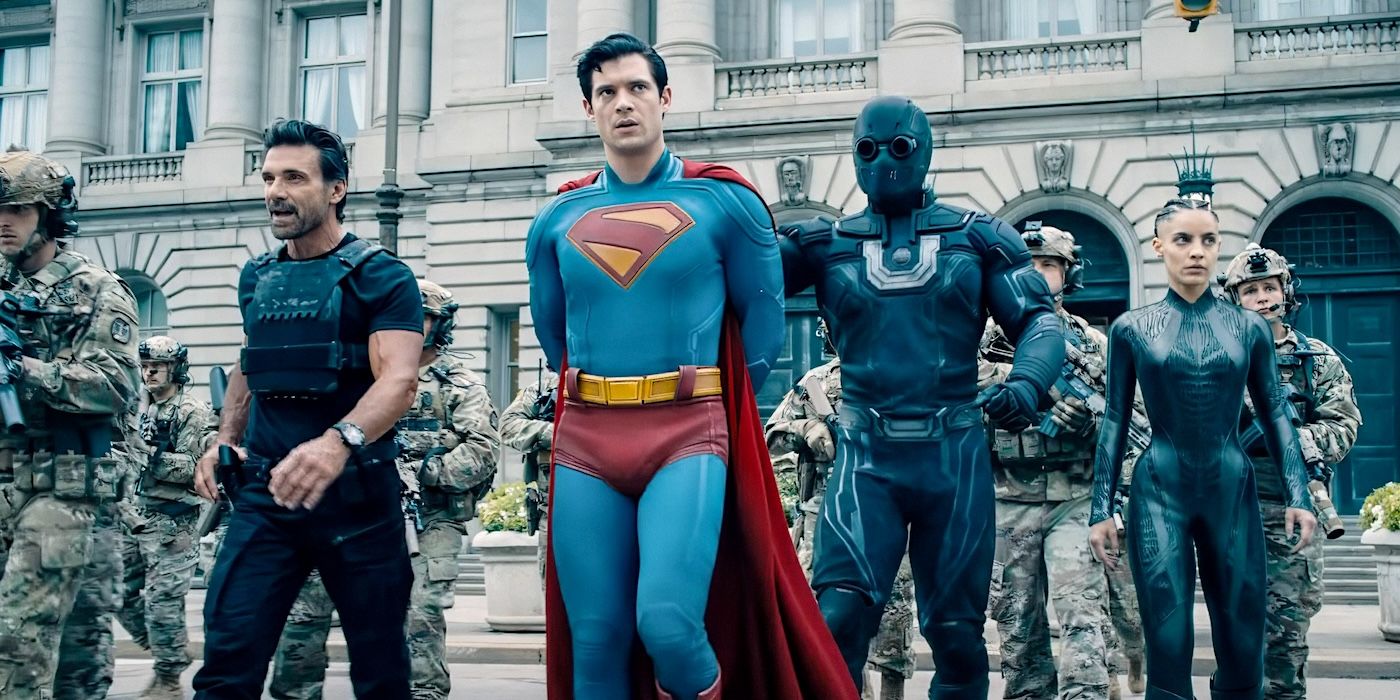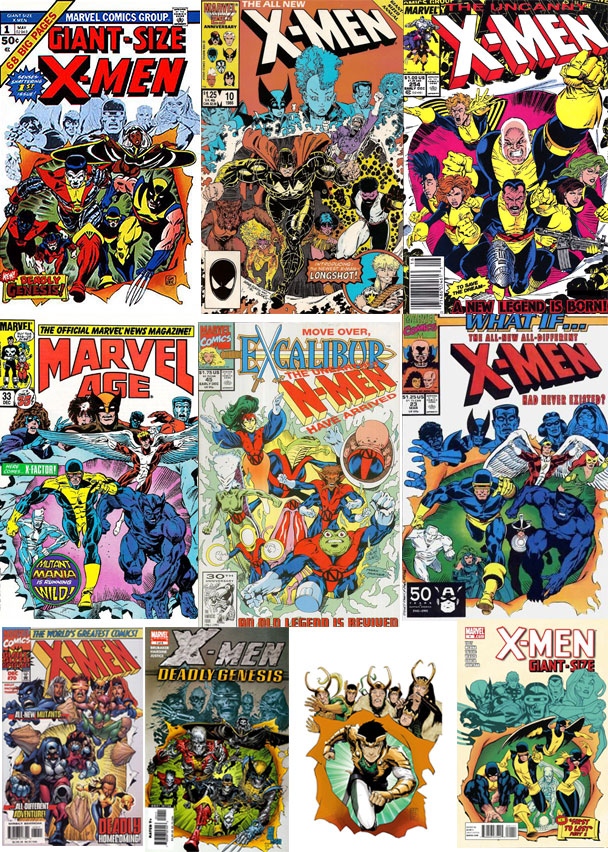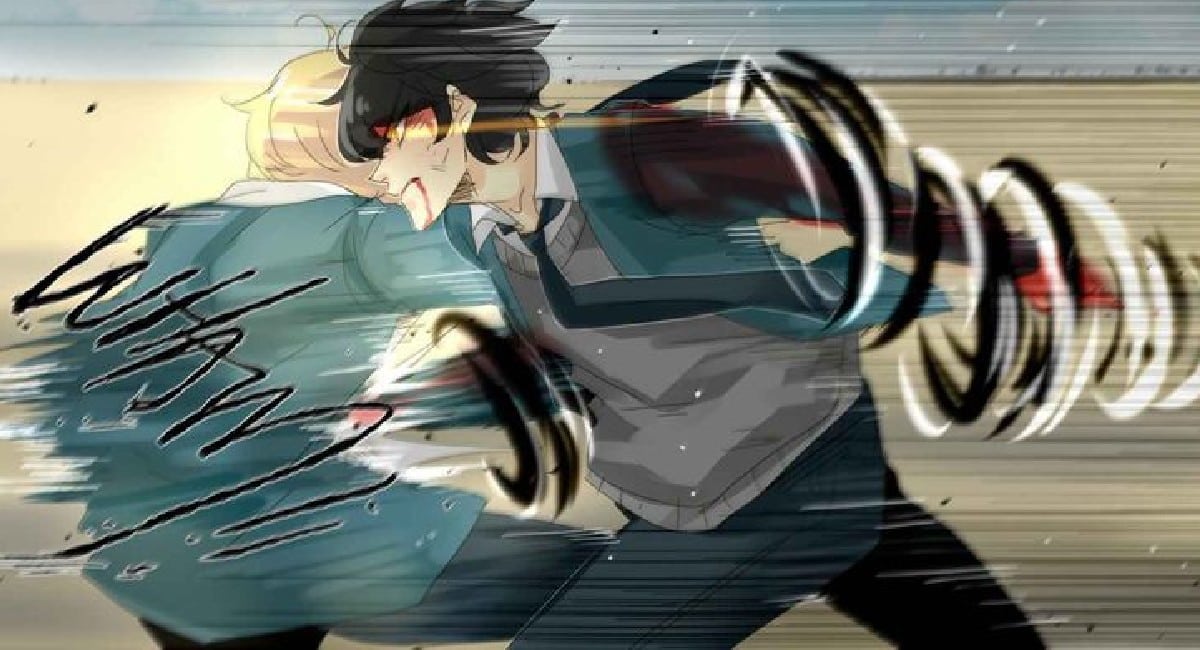
The TV show on Netflix based on the disgraced Neil Gaiman’s Sandman comics series draws to a close, and as could surely expected, there’s more op-ed writers who’ve vented their observations on both the TV adaptation, and the Gaiman sexual abuse scandal that precipitated its ending. For example, here’s what a writer at Comic Book Club Live had to say, and while there are some interesting points to be made, they’re damaged when the columnist follows the poor example of those who’ve dragged J.K. Rowling into the mess for the millionth time. First, let’s take a look at the following points he ostensibly makes:
This is not a review of Netflix’s The Sandman, which premieres the first half of its second and final season tomorrow morning (July 3). Reviews are embargoed until the episodes launch on Netflix anyway, so I wouldn’t bother posting a review of something that is free and available to watch. But this is a discussion about how The Sandman, which was once one of the most eagerly anticipated adaptations of all time, is now near impossible to watch… We often discuss the need to separate the art from the artist, but you just can’t separate Neil Gaiman and his reported abusive actions towards women from his self-insert character, Morpheus. What should be a must-watch is now physically painful to even look at.
And the most jarring violence from the comics wasn’t painful to look at over 30 years ago? I think there’s room for improvement here, but trouble is, he’s not making any. And then, he dampens what impact this column might’ve had with the following:
“Weird,” perhaps, isn’t the word I would use. But what Goyer notes here is the core of the internal conflict that wracks anyone who is tainted by a terrible man like Gaiman: hundreds of other people’s work are financially and artistically impacted by one man’s deeds. The cast, the crew, the producers, they were just there doing their jobs. And to not release the show like Goyer notes means they won’t be fully compensated, and won’t have their work seen.
But! There’s the added issue of whether Gaiman also gets financially compensated by the release of The Sandman, and the answer is: likely, yes, he does. In that case, does that money go towards fueling lawsuits he can use against the women he reportedly abused? That’s certainly the sort of path people can draw between, say, a J.K. Rowling and buying Harry Potter merchandise: she uses that money to harm and attack trans people all over the world.

Seems we have another somebody here who’s obscuring Rowling’s own terrible experience with sexual assault, and those who’ve pretended it never happened put their sincerity in doubt. So, how can we be convinced those who claim they’re disgusted by Gaiman’s real life offenses are on the level if they won’t acknowledge Rowling has moral authority to speak on these issues?
In the following article, Pajiba’s writer had the audacity to make a point realists shouldn’t put money in Gaiman’s pockets by tuning in, and thankfully, in contrast to Comic Book Club, she doesn’t drag Rowling into the subject:
A strange footnote to the extensive coverage of the allegations over the past year has been the impact it had on Hollywood, where studios had multiple adaptations of Gaiman’s works in development. Some projects were cancelled outright, while others are proceeding in truncated form. One such project is Netflix’s The Sandman, which will launch its second and final season on July 3, and the promotion has been fascinating to behold. Discussions of the show itself are taking a backseat to the “But Why?” of it all. Why release the show at all? Why perpetuate the work of this man after everything we’ve learned, and continue to put money in his pocket? […]
The pipeline of Gaiman adaptations is drying up, with the last few projects readying for release. From here, the question shifts to the fans and viewers in general: Will you watch? I don’t begrudge anyone their clear moral compass, but I also appreciate the new life art takes when it is shared amongst collaborators and audiences alike. It no longer belongs to any one author, or asshole. So like the studios, I’m going to decide on a case-by-case basis. Just as Amazon is seeking a return on their existing investment in Good Omens, so am I, for my time as a viewer. Kicking out Gaiman and doing a single long wrap-up episode seems like a fair resolution to me, and I’ll tune in. If they decide to air Anansi Boys, I won’t be mad at it. It would be a shame for the hard work of the artists to sit on a shelf, but I probably won’t watch because I don’t have a similar investment. We’re all making these calculations as consumers all the time, between our personal satisfaction and the message we want to send the industry about its choice of projects in the future, and there is no right answer. I just hope all our personal choices net out to the same result: Gaiman continuing his slide into obscurity.
This holds up better since she wisely refrains from bringing Rowling into the topic, which would only result in contradictions. But, there’s just no use tuning in to anything credited solely to Gaiman as the author, because who knows if it’ll finance his wallet? Again, that’s something anybody who’s a realist just shouldn’t do. Even TV shows can turn profits, and if an author turns out to be a bad lot, that’s why even a TV production’s not something you should give a monetary boost to.
That having been noted, there have been some negative reviews of this 2nd season turning up, and the AV Club says the show is little more than tedious cosplay. It also notes, interestingly enough:
DC Comics’ The Sandman, written by Neil Gaiman, was a groundbreaking and surreal series. However, the Netflix adaptation remains content to paint by the numbers. Superhero movies often take inspiration from their source material, but the better ones usually avoid directly translating stories to the screen word-for-word or panel-for-panel. As a TV show, The Sandman struggles to exceed or even match the original’s stunning visual landscape, and its characters often feel like unimaginative cosplayers reciting Gaiman’s dialogue.
Now isn’t this fascinating they bring up how Gaiman’s story did fall into the category of “surreal”. There have been all sorts of PC advocates over the years who’ve lectured everybody else that if a story is “realistic”, this literally makes it “good”. But here, somebody else is claiming the Sandman comics were great because they were surreal, which can mean unrealistic, though also dreamlike and fantastical (which Gaiman’s story is definitely not. It’s more like a nightmare). That’s why a vital point must be made that neither realism nor surrealism alone make an entertainment product wonderful and praiseworthy. It’s how talented and meritous the writing/acting in the finished product is that does. So I think it’s time these commentators admitted that just because the original comics were jarringly violent doesn’t instantly make it a classic.
According to the Mirror US, the show’s 2nd and last season has been panned widely:
Many fans have admitted feeling conflicted over continuing the series, which features Tom Sturridge as Lord Morpheus, aka Dream, despite a positive response to the first season.
Now the follow-up has been released on Netflix today (Thursday, June 3), reviews are in and some critics are warning subscribers not to bother with the next chapter of Dream’s adventures.
Whether the sexual abuse scandal had any effect on the proceedings, it makes little difference; the whole comic was so pretentious to begin with, and built on the kind of political allusions and metaphors that became a sad staple of the past decade, that it’s little wonder it hasn’t aged well. And I’m not forgetting how offensive issues 6-7 were either. Interestingly, according to Polygon, a “major” story arc, that being the one titled “A Game of You”, was omitted from what was filmed for the screen. Seeing how that itself was a dreadful metaphor for LGBT propaganda, that’s why it’s pretty amazing if they did decide to jettison the whole story segment.

Now, here’s a writer at Salon who also thought the Netflix show ended badly, and the following description of a storyline there is certainly eyebrow raising, viewed in the context of what we’ve since learned about Gaiman:
The lord of dreams is very sorry to have put a woman through hell. We’re not talking about a figurative Hell, either. Dream, the eternally brooding namesake hero of “The Sandman” (portrayed by Tom Sturridge), condemned his great love Nada (Umulisa Gahiga) to the Infernal plane out of spite.
Nada may have been queen of a great and ancient African civilization, but Dream is one of the Endless. From her perspective, all-powerful cosmic beings have no business wifing up with mortals. A random asteroid wiping out her kingdom soon after she accepts Dream’s marriage proposal only proves her point.
But instead of giving grace to the woman he loves, Dream takes such offense at the thought that Nada would choose Hell over an eternity at his side that he sends her straight to the hot place, and not for days or months. She’s trapped there for millennia.
Regrets? Ten thousand years later, Dream has a few. When he finally comes face to face with Nada again, the most he can offer his ex, at first, is, “I think perhaps I should apologize.”
There’s a cheesy old movie quote declaring that love means never having to say you’re sorry. Mealymouthed half-measures like Dream’s show us why that’s a lie. Condemning someone to starve, burn, freeze and ache for ages out of arrogance deserves a definitive “sorry” that should kick off a penance marathon. Hence, we get why the lady finds her ex’s gesture a tad underwhelming. Nada reminds Dream that she endured nonstop torture and wept and waited, all because of him. “And you think, perhaps, you should apologize,” she retorts.
Dream, an all-powerful being who can shape reality to his will, has a real problem with admitting wrongdoing. When he deceives his sister Delirium (Esmé Creed-Miles), he’d rather keep the resulting rift open than go after her and apologize. When he brings death to another god’s door, any attempts at making amends are weak or simply too late.
“I will live with eternal regret for what I did to you,” he assures Nada, as if an all-powerful being’s regret has value next to more than 100 human lifetimes of torment.
Alas, as Gaiman has since proven in real life, he’s anything but remorseful. Indiewire’s also panning it for the same reasons, perhaps even the 1st season:
In Season 2, Volume 1, Dream learns how to better empathize with humans (and his siblings, aka the Endless, which are personified forces of nature more powerful than gods). But in doing so, he also struggles to recognize his own fallibility — such as that time he confused love for “desire” and ended up banishing a woman to Hell for 10,000 years. Past mistakes like this one invite reality-invoking questions of consent and manipulation, while a fixed focus on Dream’s absent compassion calls to mind Gaiman’s continued denials of any wrongdoing and the legal action he filed against women accusing him of sexual misconduct. Ostensibly, Dream is slowly coming to realize even the Endless can change — that he, too, may care about people — but the evidence is so scant, so vague, and so hollow, it’s all but impossible to separate the art from the artist, even if you can stay awake long enough to try.
When you realize the TV show, as much as the comics themselves, are more like some bizarre attempt by the author to obscure his own wrongdoings, that’s why it all collapses into the dust, or sand. No doubt, years from now, all this stuff will be forgotten to the winds of time, since its author proved a mere fraud, and little else. I just hope none of this will make it difficult to sell reprints of the real Sandman, Wesley Dodds, who’d been created in the Golden Age by Gardner Fox. The classic comics from nearly a century ago are what everybody should look for, not the overrated modern mishmash written by a pretentious modern scribe who’s now coming to be seen as the phony he truly was.
Originally published here



















 English (US) ·
English (US) ·